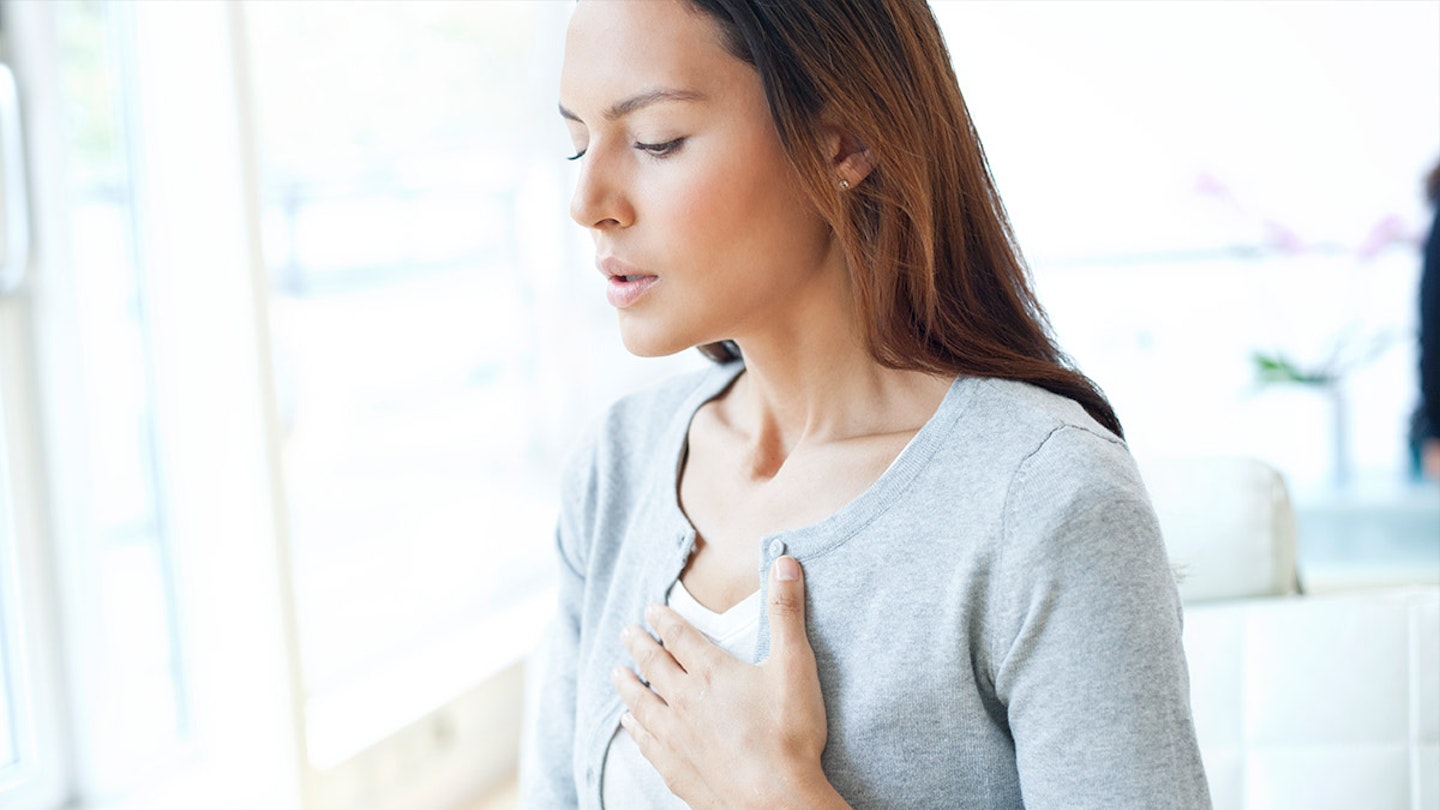A panic attack is where you have a sudden rush of fear and panic, they can happen unexpectedly and other times something may trigger it.
“Panic attacks can be a scary experience,” says Rosie Weatherley, Information Content Manager at mental health charity, Mind. “They can build up quickly and be difficult to manage.
Our bodies naturally react to danger, stress or excitement. But sometimes these reactions can happen in a way we can't control or understand and this can present as a panic attack.
“When having a panic attack, you may feel sick, dizzy, very hot (or very cold), light-headed, or faint. You might also feel like your heart is racing, that you’re struggling to breathe or that you’re disconnected with your surroundings.”
This can be a really frightening and difficult experience for many but Rosie says there are a few things you can try to ease a panic attack.
How to stop a panic attack
You may not be able to stop your panic attack straight away, but there are some things you can do to help you handle it.
“Try breathing in and out slowly,” says Rosie. “Some people find it helpful to count or stamp on the stop. Or focus on your senses - what can you see, hear, smell, taste or touch right now?”
Riding out your panic attack is actually important too, says Rosie: “Try not to fight what's happening. Acknowledge to yourself that you're having a panic attack. And remember that it will pass.”
By doing this, you’re giving yourself the chance to discover that nothing terrible is actually going to happen and that the symptoms you're experiencing are nothing to worry about.
“If you're worried about your panic attacks or if they are impacting your daily life, it might be worth visiting your GP,” says Rosie. “Mind have information on how to talk to your GP about mental health, as well as information about anxiety and panic attacks.”
Ways to prevent a panic attack
Here’s a few different things you can do, from NHS Inform, to prevent panic attacks:
• Exercise - regular exercise can help you manage stress, as when we exercise we get a release of endorphins (happy hormones) which make us feel good, while suppressing the hormones that cause stress and anxiety.
• Breathing exercises - when you have a panic attack you may feel your heart rate increase and become breathless, by practising breathing exercises it will help prevent attacks and make you prepared for if they occur.
• Avoid caffeine, smoking and alcohol - all three can actually make panic attacks worse. While alcohol is a sedative and can make you feel at ease short-term, you then begin to feel anxious as the alcohol withdrawls. Caffiene stimulates your ‘fight or flight’ response, therefore making anxiety worse and sometimes even triggering a panic attack.
• Cognitive behavioural therapy - also known as ‘CBT’, this is a type of talking therapy where you identify and change negative thought patterns and is particularly used to help treat anxiety and depression.
How long does a panic attack last?
There is no set answer for this, as they vary from person to person. For some, a panic attack can last a couple of minutes, for others it may last up to an hour, however the NHS says it’s usually between five and 20 minutes. Although a panic attack can be scary and feel as if you’re going to have a heart attack, collapse or even die, the most important thing to remember is it will pass.
Popular articles to read next
18 self-help books to help manage stress, grief, healthy living and more
